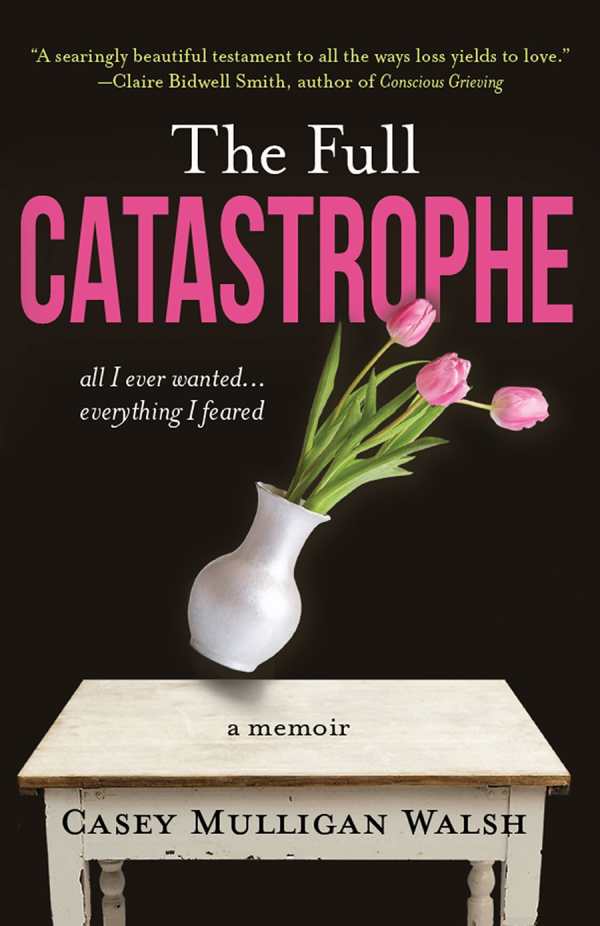The Full Catastrophe
All I Ever Wanted, Everything I Feared
Casey Mulligan Walsh’s memoir The Full Catastrophe reveals how tragedy can become a path to freedom.
Walsh begins her story in medias res—in the hospital, receiving news of her son’s death. The first chapter pivots back to her childhood. By the age of twelve, she’d lost her father to a heart attack, and her mother was dealing with terminal cancer. But as a teenager, she also fell in love with Will and envisioned an idyllic future together. After marrying, they welcomed three children—Eric, Kyle, and Katie. Yet, as time passed, tension built in their family. Walsh and Will grew apart, and their bickering evolved into full-blown battles that did not spare their children.
Walsh’s storytelling is gripping, from the ominous moment in the hospital lobby until Eric’s fate is fully revealed. The events unfold as memories, with Walsh’s inner monologue providing keen insights into how perfectionism born of childhood trauma led to her chronic people-pleasing: “Be very careful. Stay under the radar. Cry when you’re supposed to. Smile when they expect it.” She had to overcome this conditioning to discover her authentic self.
Walsh’s pursuit of perfection runs parallel to her search for home, a motif that reveals her insights on the nature of love and family. Even once she learned to accept that her relationship with her spouse was toxic, her unconditional love provided constant shelter for her children. She also found elements of home in genuine friendships.
Punctuated by loss, the moving memoir The Full Catastrophe testifies to how home is about love, not perfection.
Reviewed by
Paige Soto
Disclosure: This article is not an endorsement, but a review. The publisher of this book provided free copies of the book to have their book reviewed by a professional reviewer. No fee was paid by the publisher for this review. Foreword Reviews only recommends books that we love. Foreword Magazine, Inc. is disclosing this in accordance with the Federal Trade Commission’s 16 CFR, Part 255.

